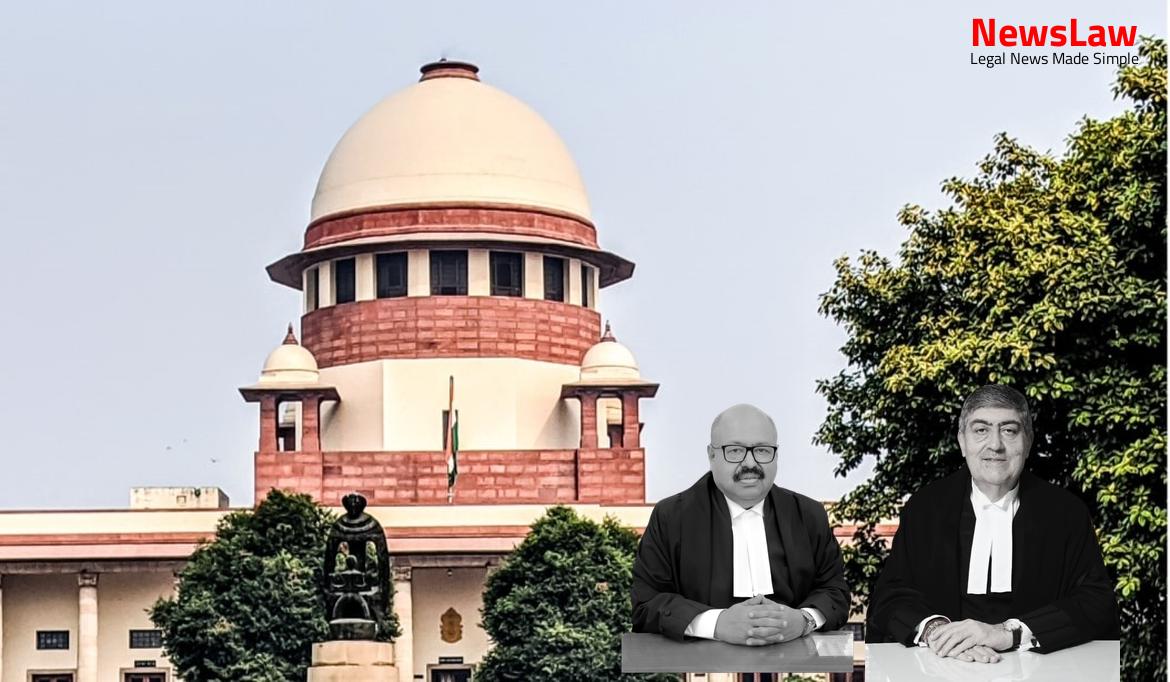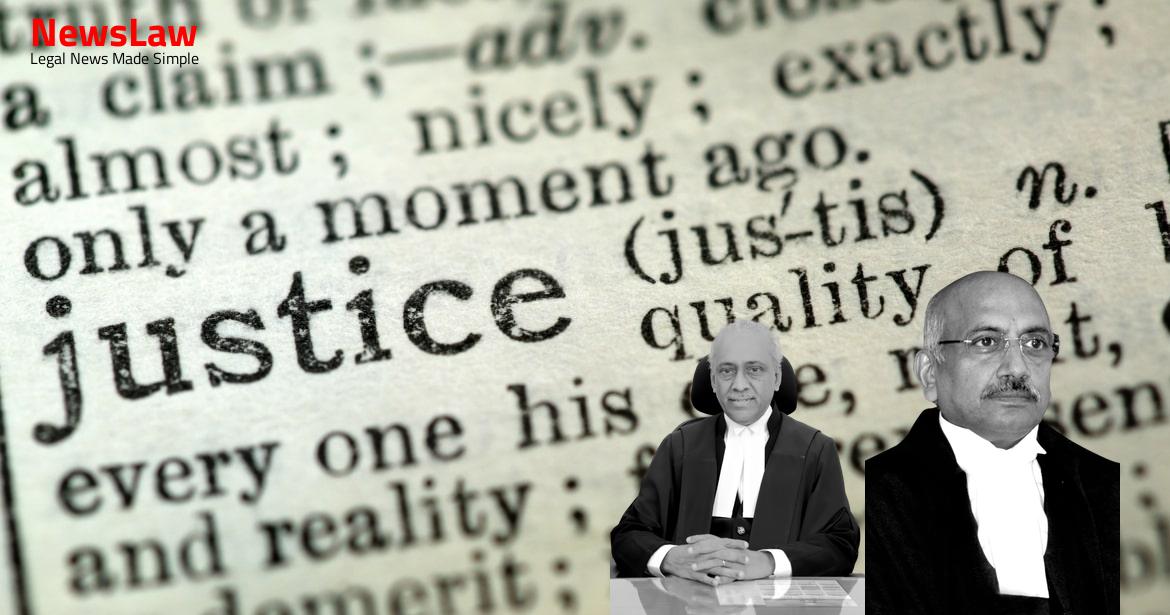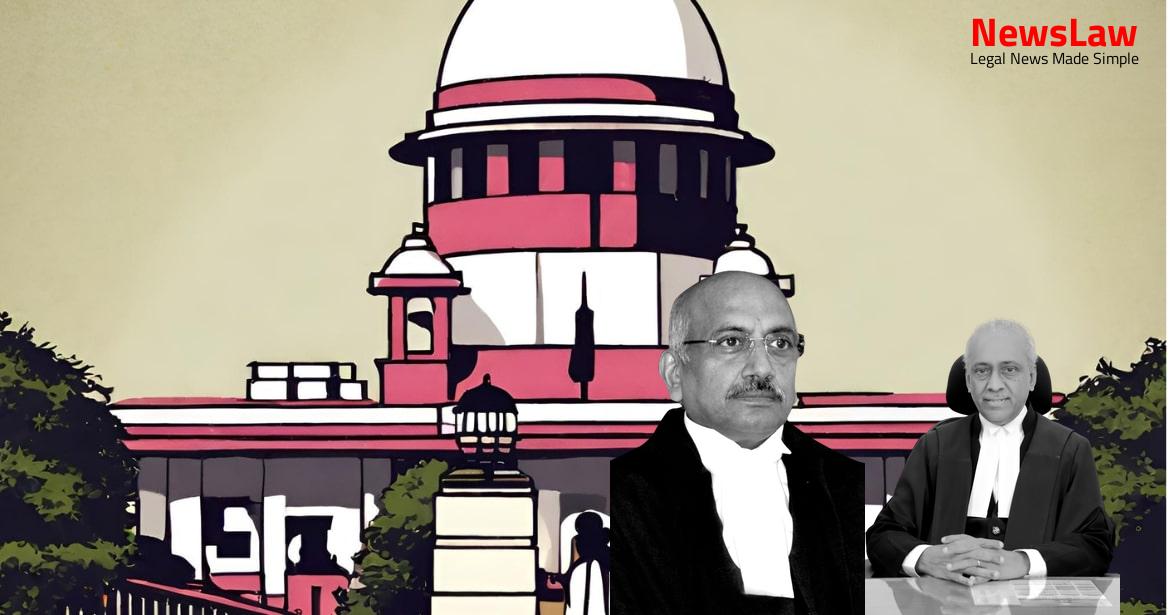In the legal realm, the significance of providing reasoned judgments by courts cannot be overstated. A recent case shed light on the necessity for thorough legal analysis to accompany final orders, emphasizing on transparency and accountability. Let’s delve into the importance of reasoned judgments in legal proceedings, ensuring the adherence to judicial responsibilities and upholding the principles of justice.
Analysis
- The judgment in State of Punjab & Ors. v. Jagdev Singh Talwandi highlighted the practice of pronouncing final orders without a reasoned judgment by several High Courts.
- Several previous cases like Zahira Habibulla H. Sheikh v. State of Gujarat, Mangat Ram v. State of Haryana, and Ajay Singh v. State of Chhattisgarh reiterated the importance of providing reasoned judgments.
- Anil Rai v. State of Bihar provided guidelines on the pronouncement of judgments, expecting them to be followed by all concerned.
- Judgments are expected within two months of the conclusion of arguments, and after three months, any party can file for an early judgment in the High Court.
- If no judgment is pronounced for six months, a party can move an application before the Chief Justice of the High Court for re-assigning the case to another bench for fresh arguments.
- The counsel seems to have ignored judicial pronouncements emphasizing the importance of delivering a reasoned judgment before announcing a final order, especially in cases where oral orders are pronounced.
- Failure to provide a reasoned judgment along with a final order can lead to delays and challenges in implementation, as seen in various scenarios like demolition orders, custody decisions, acquittals, etc.
- The delay in uploading reasons for a court order caused significant issues in this case, highlighting the necessity of prompt and transparent communication of judicial decisions.
- The practice of High Courts pronouncing final orders without reasoned judgments can create significant difficulties for parties seeking redressal in higher courts.
- It is imperative for courts to ensure that reasons for orders are promptly recorded and communicated to facilitate effective legal remedy for aggrieved parties.
- The impugned order is set aside and the matter is remitted back to the High Court for reconsideration on merits by a different Bench.
- The delay in delivering judgments has been noted as a violation of Article 21 of the Constitution of India.
- The gap of nine months between the operative portion of the order and the reasons disclosed is unacceptable.
- The appellant’s right to challenge the order on merits is being hindered by this delay.
- A more detailed order is being written to address this issue and remind the High Courts of their responsibilities.
Also Read: Supreme Court Judgment on Single Till Mechanism for HRAB Calculation: A Comprehensive Analysis
Decision
- The interim order in favour of the appellant from the High Court dated 15.05.2013 will continue to benefit the appellant during the re-hearing of the matter.
- The order should be circulated to all High Courts.
- The appeal is allowed, and each party will bear their own costs.
- The Special Leave Petition was filed against the order dated 21.01.2020, which dismissed the writ petition.
Case Title: BALAJI BALIRAM MUPADE Vs. THE STATE OF MAHARASHTRA (2020 INSC 618)
Case Number: C.A. No.-003564-003564 / 2020



